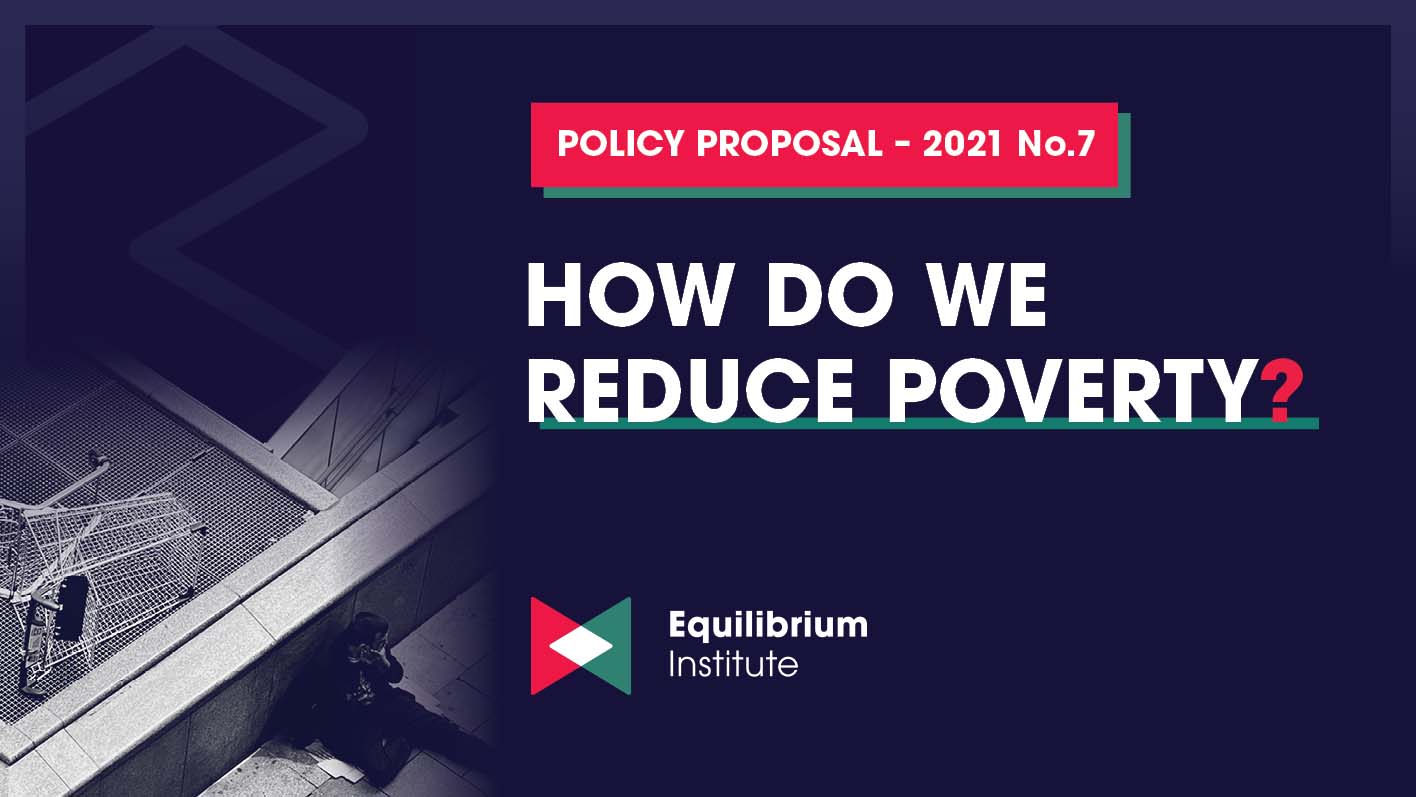Based on the poverty indices available, there are 2.5-2.8 million poor people in Hungary today – but to properly map the problem, we need new and more accurate indicators.
In European comparison, the system of social transfers in Hungary is rather tight-fisted, while at the same time it is also fragmented, overly bureaucratic and of low efficiency, which is how it deprives specifically those who are most in need of the help they should be receiving. This system needs to be radically simplified. The main objective is that within ten years every citizen in need should have at least an amount equivalent to the existential minimum at their disposal to make ends meet.
By 2030, a basic social welfare benefit in the amount of the existential minimum (roughly 100,000 forints today) needs to be introduced. Every Hungarian citizen whose total income does not reach this level needs to receive this benefit! The basic social welfare benefit will replace most of the existing forms of state assistance and it needs to gradually increase in amount from 50,000 forints a month to at least 100,000 forints by 2030!
We should automate the payment system: social transfers should be determined and paid out automatically by the National Tax and Customs Authority based on a unified public administrative registry of market and social incomes! Social transfers should not be paid out on a per household basis but on an individualised basis, with each person receiving an amount that will depend on their respective income!
You can view the additional policy proposals at the following link:
https://egyensulyintezet.hu/wp-content/uploads/2022/11/howdowereducepoverty.pdf


